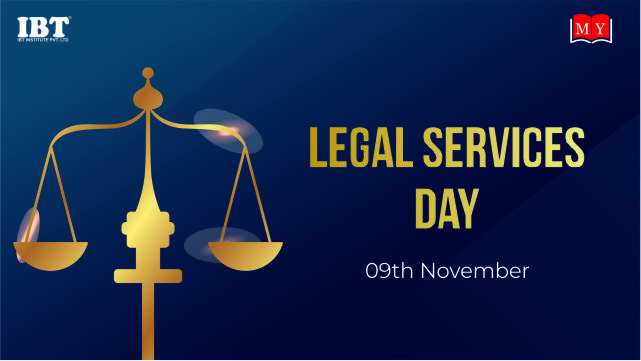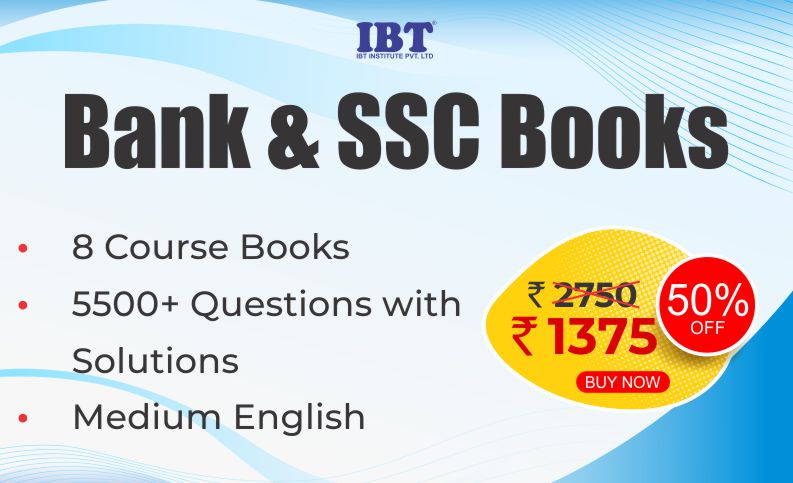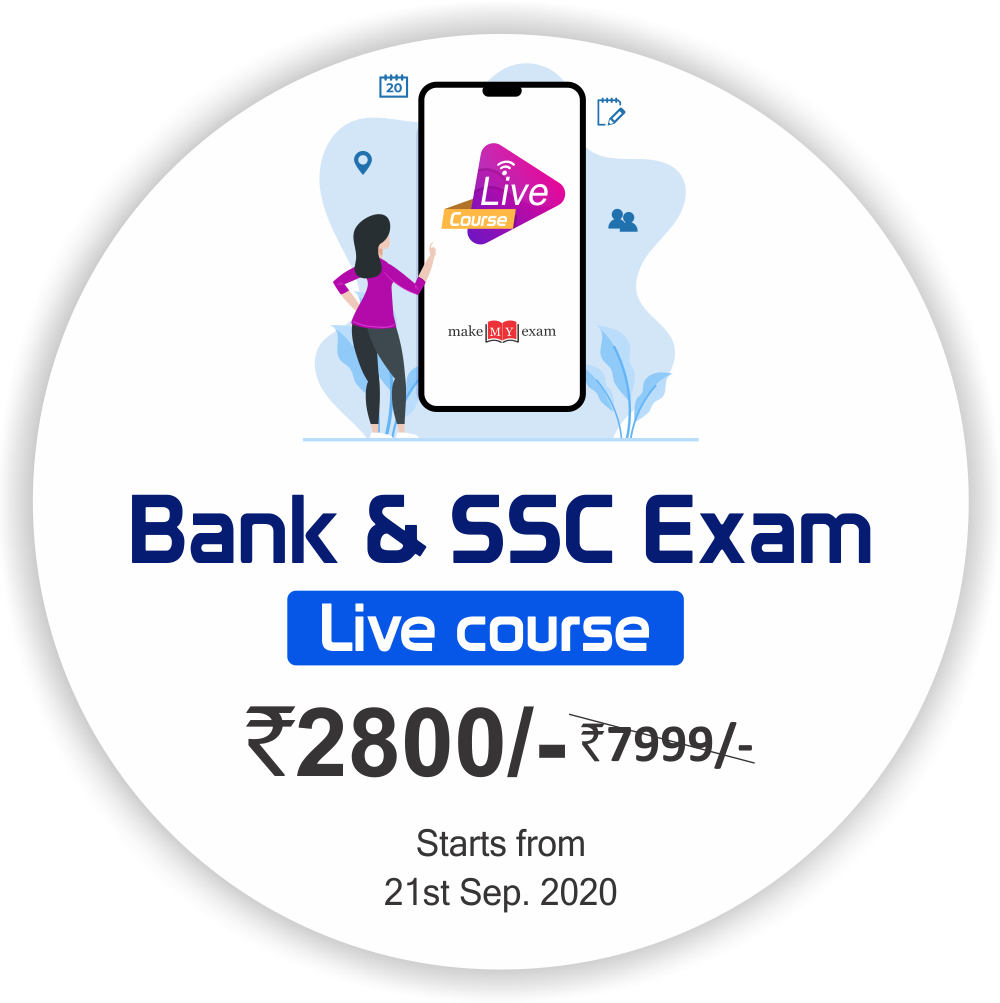Legal Services Day: 09th November

⚖️ National Legal Services Day: November 9th - Ensuring Justice for All
National Legal Services Day (NLSD) is observed annually on November 9th in India. This significant day is dedicated to spreading awareness about the provisions of the Legal Services Authorities Act, 1987, and to highlight the availability of free legal aid for the economically weaker and marginalized sections of society.
History and Origin
The observance of Legal Services Day commemorates the official enactment of the Legal Services Authorities Act, 1987, which came into force on November 9, 1995.
-
Constitutional Basis: The principle is rooted in Article 39A of the Constitution of India, which is part of the Directive Principles of State Policy. Article 39A mandates the State to secure the operation of the legal system to promote justice on a basis of equal opportunity, and in particular, to provide free legal aid to ensure that justice is not denied to any citizen merely because of economic or other disabilities.
-
Establishment of NALSA: Pursuant to this Act, the National Legal Services Authority (NALSA) was constituted to establish a nationwide uniform network for providing free and competent legal services.
-
First Celebration: The observance of Legal Services Day was first started by the Supreme Court of India in 1995 to provide help and support to the poor and weaker sections of society.
Significance and Objectives
The main objective of celebrating National Legal Services Day is to ensure that the promise of 'equal justice for all' is realized in practice.
-
Free Legal Aid: The primary goal is to provide free and competent legal services to eligible persons who are unable to afford legal representation. This service is a legal right, not charity.
-
Legal Awareness: The day is used to launch and promote legal awareness and outreach campaigns, informing the public about their rights and the services available under the Legal Services Authorities Act.
-
Dispute Resolution: It promotes the organization of Lok Adalats (People's Courts) and other Alternative Dispute Resolution (ADR) mechanisms (like mediation and conciliation) to facilitate the amicable settlement of disputes and reduce the backlog in courts.
-
Empowerment: The day is a platform to empower the marginalized by providing them with the necessary tools and knowledge to access the justice system.
Legal Services Institutions
A comprehensive network has been established to deliver free legal services across the country:
|
Level
|
Institution
|
Headed By
|
|
National
|
National Legal Services Authority (NALSA)
|
Chief Justice of India (Patron-in-Chief)
|
|
State
|
State Legal Services Authority (SLSA)
|
Chief Justice of the State High Court (Patron-in-Chief)
|
|
District
|
District Legal Services Authority (DLSA)
|
District Judge (Ex-officio Chairman)
|
|
Taluk
|
Taluk Legal Services Committee (TLSC)
|
Senior Civil Judge
|
|
Courts
|
Supreme Court/High Court Legal Services Committees
|
|
Persons Eligible for Free Legal Services
The Legal Services Authorities Act, 1987, specifies the categories of people entitled to free legal services:
-
Women and children.
-
Members of Scheduled Castes or Scheduled Tribes.
-
Victims of trafficking in human beings or begar (forced labor).
-
Persons with disabilities.
-
Victims of mass disaster, ethnic violence, caste atrocity, flood, drought, earthquake, or industrial disaster.
-
Industrial workmen.
-
Persons in custody.
-
Individuals whose annual income is below a prescribed limit (which varies by state and court level).
0 like |
0 comment
 4.5/5
4.5/5








